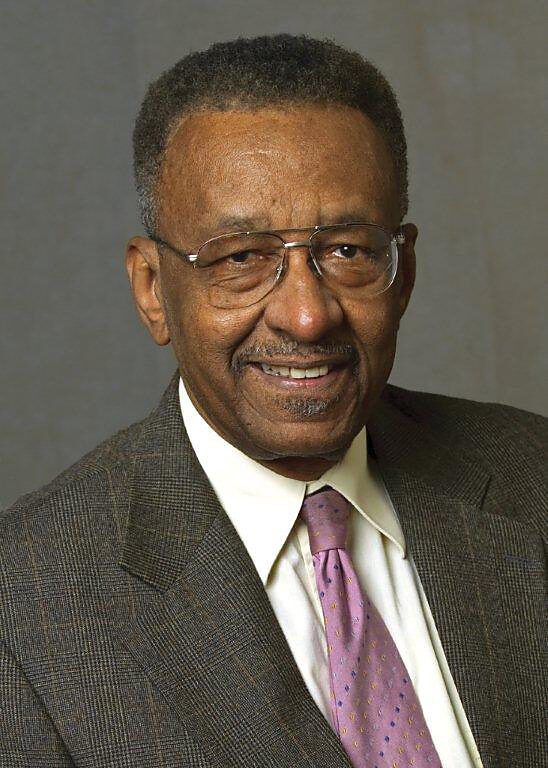As if 2020 wasn’t bad enough, today comes the sad news that Walter Williams has died at 84. He was a scholar who made an impact on the public debate, and a great teacher of economics. I’m old enough to remember when he was just breaking into public view in the mid-1970s. In fact, this past weekend I was trying to prune some of my old files, and I found Walter Williams clips in several of them, including a study, “Youth and Minority Unemployment,” published by the Joint Economic Committee, and a full-page ad in the Wall Street Journal, sponsored by the SmithKline Corporation, featuring his essay “Minimum Wage, Maximum Folly.” As editor of New Guard magazine, I published his article “How Big Government Hurts Minorities” in 1978. And he was for many years an adjunct scholar of Cato, where he contributed to Regulation and Cato Journal and gave many lectures.
After early stints as a cab driver, a soldier in Korea, and a probation officer, Walter focused on education and got a Ph.D. in economics from UCLA in 1972. From 1973 to 1980 he taught at Temple University in Philadelphia before moving to George Mason University for the rest of his career.
In 1982 he published a book of original research and provocative ideas, The State Against Blacks, which Don Boudreaux describes in today’s Wall Street Journal as “an eloquent, data-rich broadside against occupational licensing, taxicab regulations, labor-union privileges and other fine-sounding government measures that inflict disproportionate harm on blacks by restricting the employment options and by driving up the costs of goods and services.”
His work in these areas and his outgoing, engaging, effective style of communications brought him broader public attention. He appeared in Milton Friedman’s PBS series “Free to Choose” in 1980. He became a frequent guest host on the Rush Limbaugh Show. (I was fortunate enough to hear him conduct a rare live interview with his friend and mentor Thomas Sowell on one of those appearances.) He was the subject of a few columns by William Raspberry, the first black op-ed columnist for the Washington Post. As I recall, in many such columns, including this one, Raspberry would give Williams or Sowell plenty of space, then conclude that he just couldn’t quite buy the argument. But the columns had a great impact in getting those ideas a hearing on the most important “ideas” page in Washington.
In 1989 the Cato Institute and Praeger published Walter’s book South Africa’s War against Capitalism. In it he showed, with detailed economic and historical analysis, that South Africa’s apartheid regime was not “capitalist,” as its critics often believed. Rather, “South Africa’s apartheid is not the corollary of free-market or capitalist forces. Apartheid is the result of anticapitalistic or socialistic efforts to subvert the operation of market (capitalistic) forces.”
People often lumped “Sowell and Williams” together, since they were both African-American economists with a strong free-market bent. But they really were very different. Sowell was, and still is at age 90, a private and reserved scholar, the author of more than 40 books on topics including Marxism, race and ethnicity, education, ideology, and economics. Williams was a much more public-facing intellectual: An engaging teacher of Econ 101, in a classroom or on the lecture circuit. A missionary for sound economics and clear thinking, happy to engage in public debate. A newspaper columnist and frequent radio/TV guest or host.
Walter Williams challenged a lot of conventional wisdom during his almost 50 years in the public eye. He will be missed.

